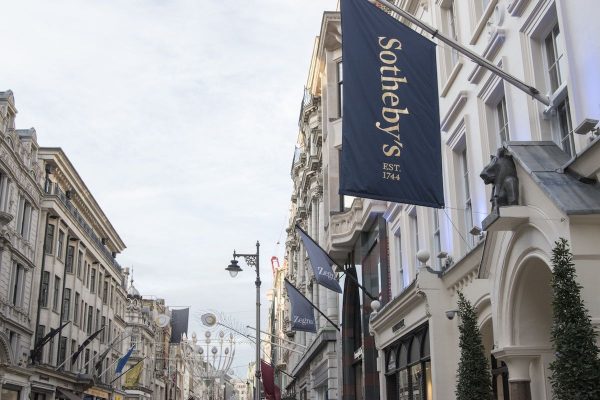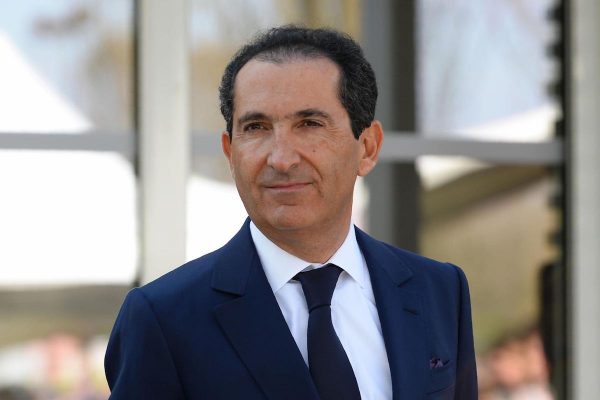
Last Monday, Sotheby’s dropped a bombshell of an announcement: After 31 years as a publicly traded company on the New York Stock Exchange, the company had signed an agreement to be purchased by the French telecommunications billionaire Patrick Drahi for the sum of $3.7 billion. Should the shareholders approve the deal, they would receive $57 per share—a 61% premium on what the stock was trading at the Friday before—and the house would join its archrival Christie’s in private ownership, thus avoiding the pesky transparency required of a publicly traded company.

But word got out at the end of last week that the deal may be more complicated than it appears. Despite the astronomical price tag Drahi put on the house—if it went through, it would eat away at a significant chunk of his $9.2 billion personal fortune—the New York Post reported Friday that Sotheby’s is still entertaining the idea that another bidder could offer more, scuttling the deal in favor of one even more appealing to shareholders.
- A consortium of New York-based art-collecting figures who would each chip in a little more than a billion to top Drahi’s bid. The Post names Citadel founder Ken Griffin, hedge fund maestro Steve Cohen, and private equity kingpin Henry Kravis as potential members of that very elite group. (None responded to requests for comment.)
- The 40-something hedgie Alexander Klabin, who co-founded the Senator Investment Group in 2008 and by 2015 was managing $9 billion in assets. (A rep for Klabin declined to comment.)
- Taikang Asset Management, which is currently the largest shareholder in Sotheby’s, with 17% percent of shares, much of which they picked up in 2016. Chen Dongsheng, the CEO of Taikang, is also the founder of China Guardian, the second-largest auction house in that country. The Post said the company is trying to decide whether or not to challenge Drahi’s takeover gambit. (“Taikang couldn’t immediately be reached,” the story added.)

Getting outbid would no doubt be disappointing for Drahi, who said in a statement last week that he was “making this investment for my family, through my personal holding, with a very long-term perspective.” But if that does happen, he’ll get a not-so-shabby consolation prize: The termination fee paid to Drahi would be more than $110 million, according to a regulatory filing cited by Bloomberg.
